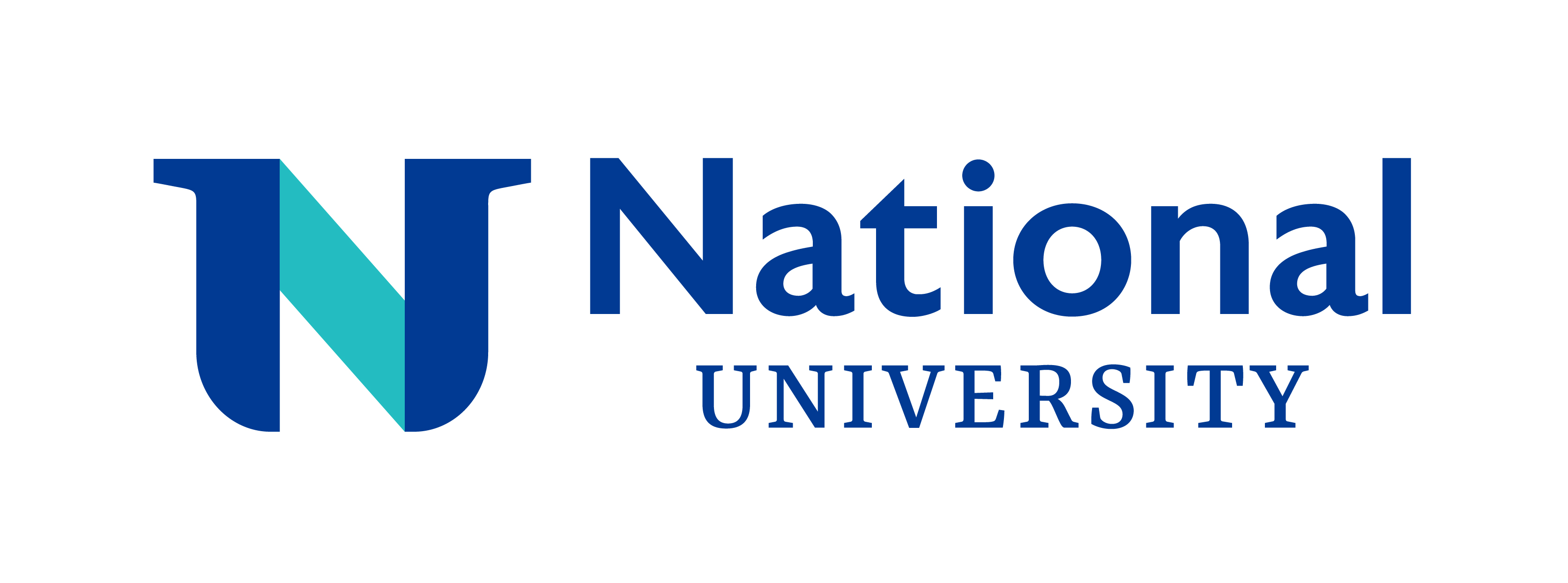MDX1125 - Statistical Process Control
Course Description
Course Description
Statistical Process Control is all about boosting quality. Quality management can not only deliver value to customers and stakeholders, it can also enable data-driven decision making that helps organizations gain a competitive advantage in the marketplace. This intermediate-level course will introduce the basics of quality management, explaining the difference between quality control and quality assurance, providing methods for application of analysis, showing different applications of the Seven Basic Quality Tools. It all culminates in a brief case study, which illustrates the concepts covered.
Learning Outcomes
- Describe principles that help guide quality management activities
- Use the Plan-Do-Check-Act cycle to coordinate work and implement change
- Explain the differences between quality control and quality assurance
- Create a SIPOC diagram to help visualize work as a process
- Explain the role that metrics and statistics play in measuring and controlling work processes
- Apply analysis and planning approaches to quality
- Explain how the Seven Basic Quality Tools are used to monitor and control quality processes
- Use the Seven Basic Quality Tools to process and sort non-numerical data
- Use the Seven Basic Quality Tools in combination to create powerful plans and solutions to quality problems
- Describe various quality management programs
- Employ quality management tools based on a brief case study
Key Features
-
 Expert-supported
Expert-supported
-
 Mobile-friendly
Mobile-friendly
-
 Accessible
Accessible
-
 Badge and credit-awarding
Badge and credit-awarding
-
 Games & Flashcards
Games & Flashcards
-
 Video content
Video content
-
 Real-world case studies
Real-world case studies
-
 Audio-enabled in app
Audio-enabled in app
Refund Policy
You may request a refund up to 5 days from the purchase date. The registration fee will only be refunded if less than 10% of the course has been completed. Completion percentage can be viewed on the Course Progress page from within the course.
Notes
This course has an "Ask the Expert" feature, which submits your questions directly to an expert in the field you are studying. Questions are answered as quickly as possible and usually within 24 hours.
This course does not require any additional purchases of supplementary materials.
Learners must achieve an average test score of at least 70% to meet the minimum successful completion requirement and qualify to receive IACET CEUs. Learners will have three attempts at all graded assessments.
Project Management Institute, PMI, the Registered Education Provider logo, Project Management Professional, PMP, Project Management Body of Knowledge, PMBOK, PMI Agile Certified Practitioner, PMI-ACP, PMI Risk Management Professional, PMI-RMP, the PMI Talent Triangle, and the PMI Talent Triangle logo are marks of the Project Management Institute, Inc.
Information in this course has been taken from A Guide to the Project Management Body of Knowledge, (PMBOK® Guide) — Sixth Edition, Project Management Institute Inc., 2017.
The following list outlines the PDUs you will earn for completing this course, based on the certification you have.
- PMP®/PgMP®
- Technical: 2
- Leadership: 2.5
- Strategic/Business: 0.5
- TOTAL: 5
- PMI-RMP®
- Technical: 2
- Leadership: 2.5
- Strategic/Business: 0.5
- TOTAL: 5
- PMI-SP®
- Technical: 0
- Leadership: 2.5
- Strategic/Business: 0.5
- TOTAL: 3
- PMI-ACP®
- Technical: 0
- Leadership: 2.5
- Strategic/Business: 0.5
- TOTAL: 3
- PfMP®
- Technical: 2
- Leadership: 2.5
- Strategic/Business: 0.5
- TOTAL: 5
- PMI-PBA®
- Technical: 2
- Leadership: 2.5
- Strategic/Business: 0.5
- TOTAL: 5
Applies Towards the Following Certificates
- Certificate in Data Analytics : Certificate in Data Analytics








